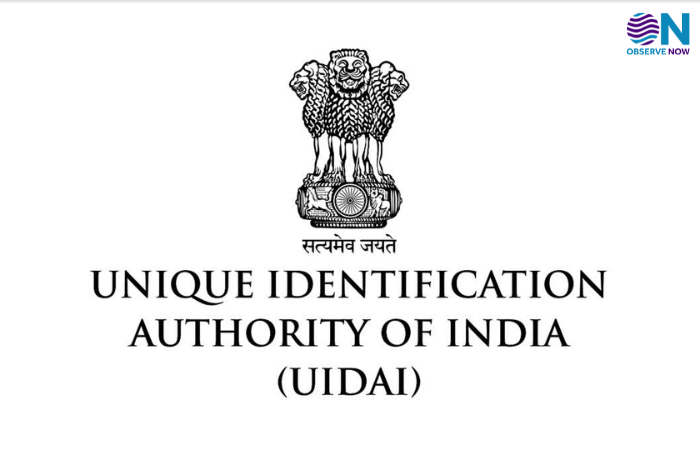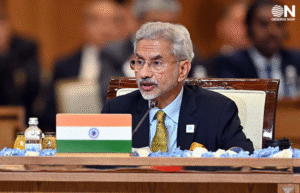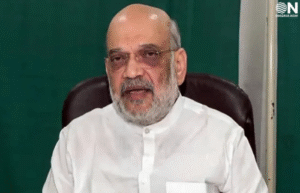UIDAI Deactivates 2 Crore Aadhaar IDs of Deceased Citizens to Strengthen Identity Security

The Unique Identification Authority of India (UIDAI) has disabled the Aadhaar numbers of two crore deceased individuals in a sweeping move aimed at protecting the integrity of the country’s identity ecosystem. The large-scale deactivation is part of a fraud-prevention exercise designed to curb misuse of dormant Aadhaar identities for illegal benefits, document forgery, and impersonation. Officials noted that eliminating inactive IDs from the database ensures that welfare schemes, subsidies and digital services reach only the eligible population.
According to sources, Aadhaar numbers were disabled after careful verification through records received from state departments, Registrar General’s Office databases, death registries and other demographic sources. UIDAI has been working with central and state agencies to automate the reporting of deaths, reducing the time gap between death registration and Aadhaar deactivation. This step becomes crucial as digital authentication is increasingly used to access financial services, digital KYC, government subsidies, pensions and insurance claims.
The move also reduces duplication within Aadhaar records, making population-level identity management more accurate. Experts say that identity theft of deceased persons has historically been a loophole exploited for cybercrime, illegal SIM activation, fraudulent withdrawals and Aadhaar-enabled payment scams. With this large cleanup, UIDAI aims to plug systemic vulnerabilities linked to inactive or unmonitored IDs.
Citizens have been assured that no action will affect the Aadhaar status of living individuals, and data corrections or revalidations remain available through standard enrolment and update centres. UIDAI is also exploring a mechanism in which families can proactively initiate Aadhaar cancellation after the death of a relative, making the procedure faster and reducing reliance solely on government databases.
As India deepens its digital public infrastructure, the recent exercise signals a sharper focus on accountability, data hygiene and fraud prevention to secure trust in Aadhaar-enabled services across the country.
















